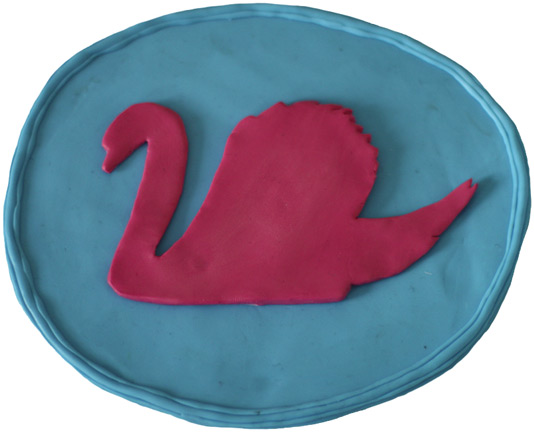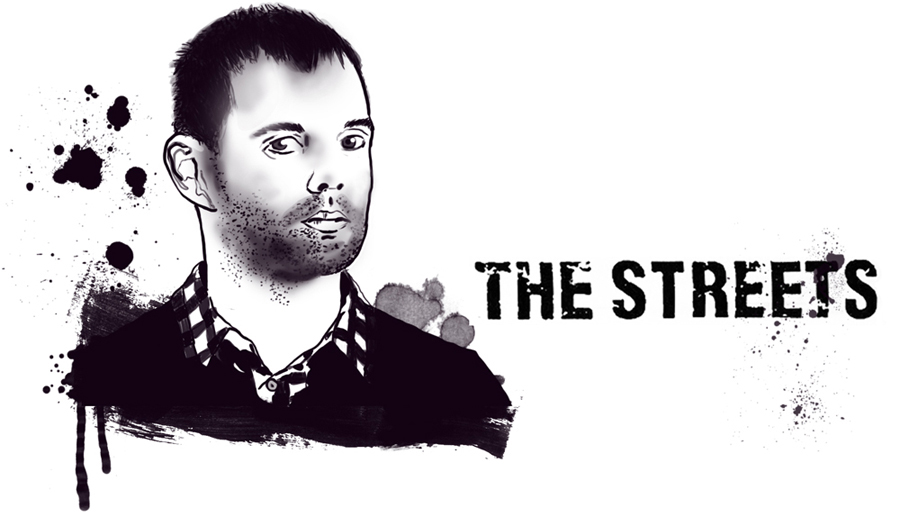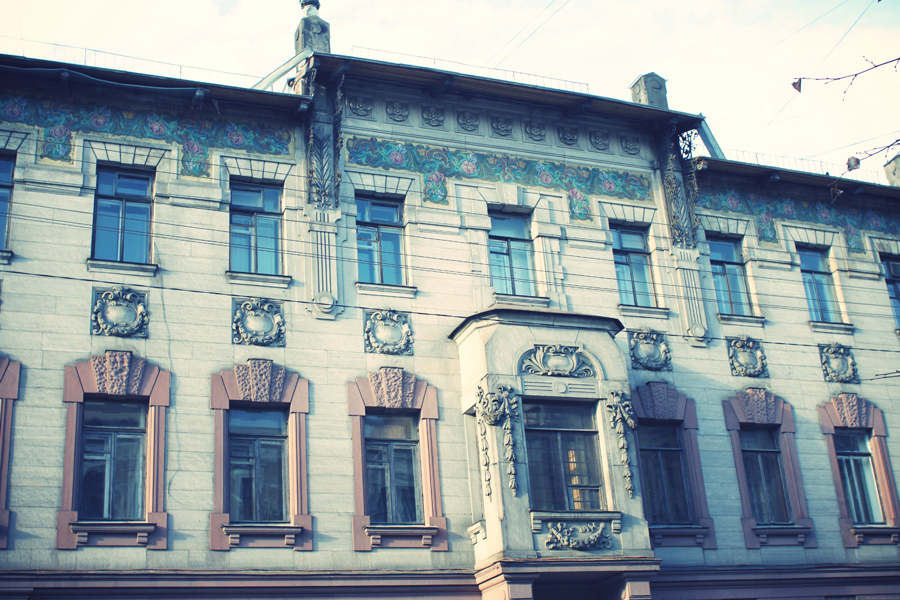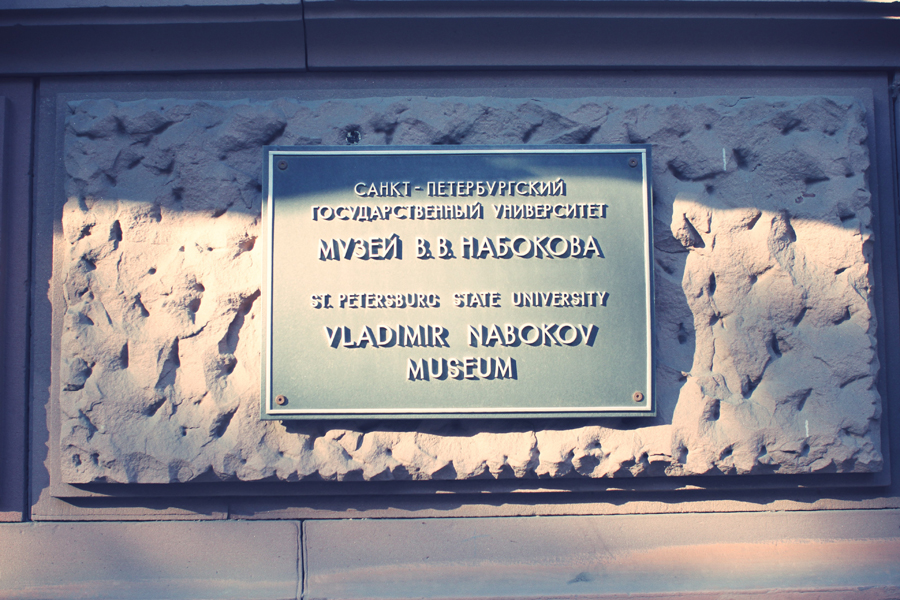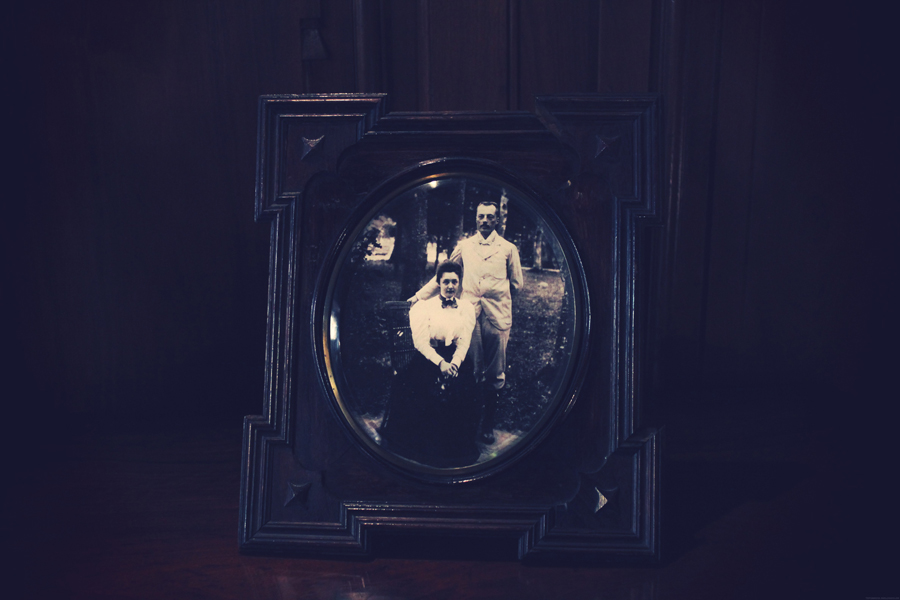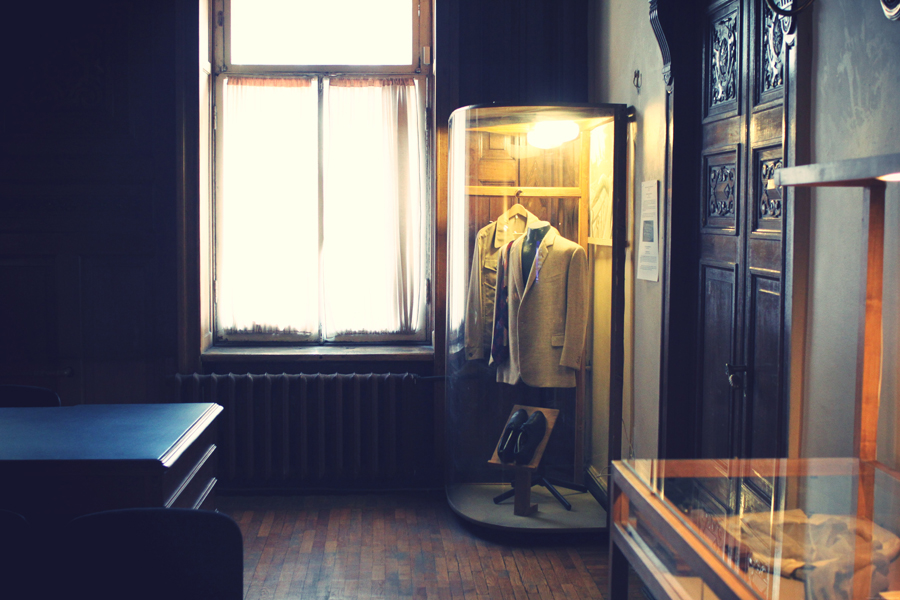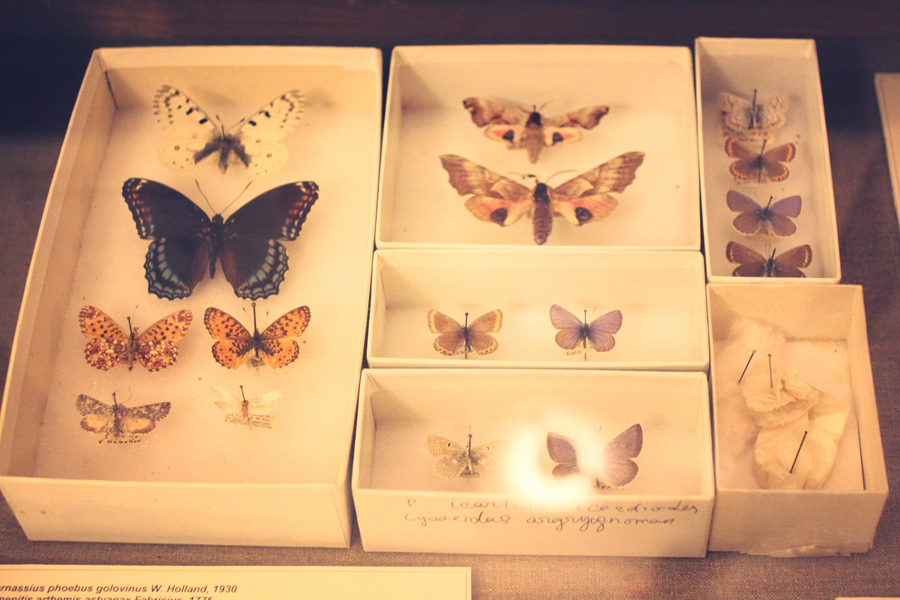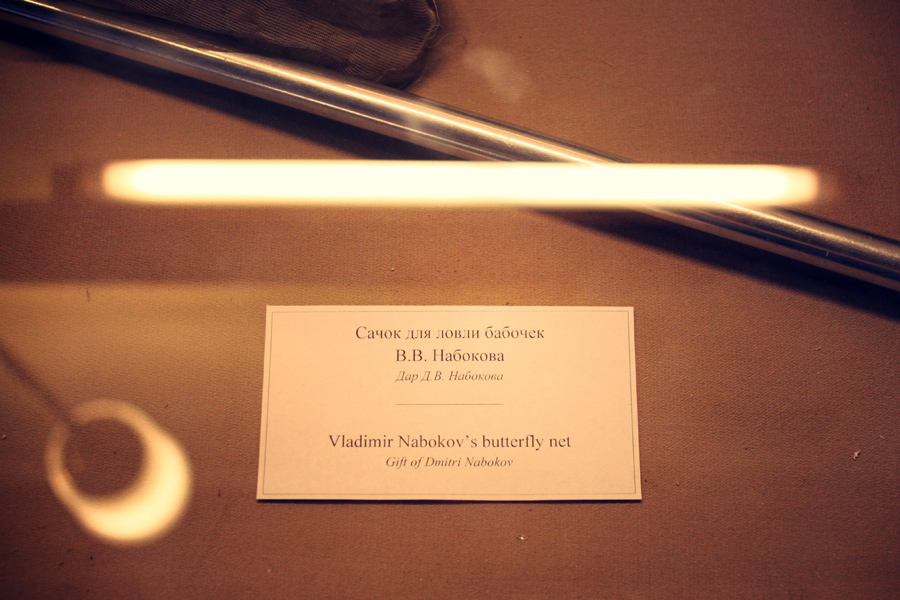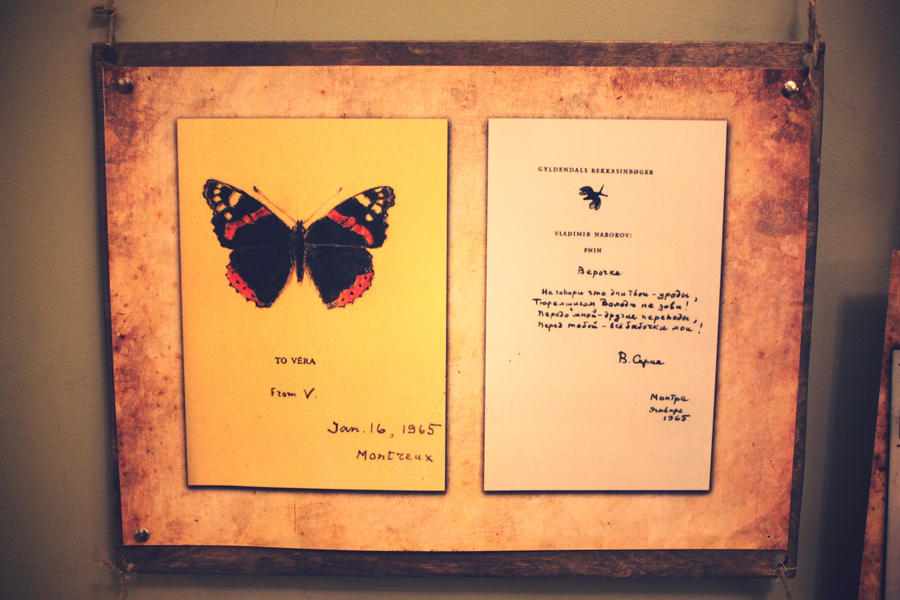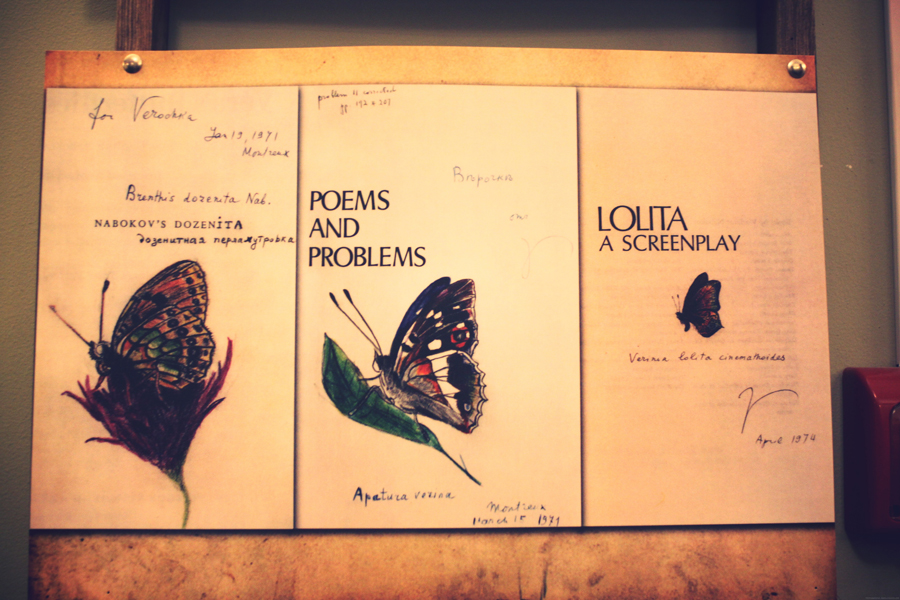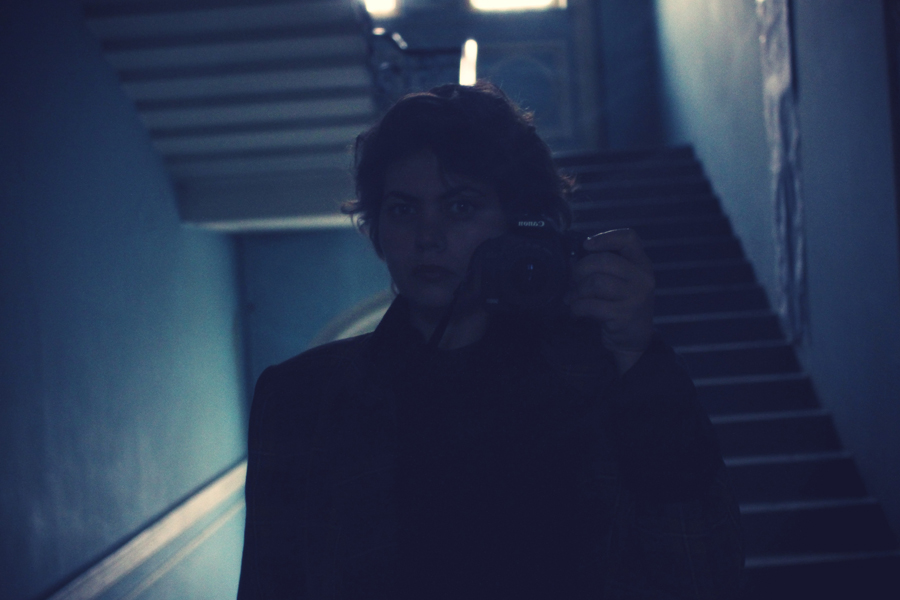I have started a new category on this blog called Reviews where I will be documenting all the books I read this year – (remember this is one of my resolutions?)
The first one I’ve completed is The Story of The Streets by Mike Skinner.
It’s hard to figure out where to start… I feel like I’m about to write a declaration of love to someone who has been in my life for a while and it’s intimidating. Have been listening avidly to the Streets from the very first album back in 2002 – actually the first track I ever heard was “We all got our runnings” which was a very low-fi but very funny track that got selected to be on one of the Inrockuptibles sample CDs before that magazine became the biggest pile of shit journalism has ever known but that could be a whole blog entry in itself.
It was just before I moved to England and I instantly connected to Mike Skinner’s style and playfulness. I don’t know anyone else who captured better what english youth was about in the early noughties: mainly in the language he spoke, but also the stories he picked to tell: going out to get hammered, late night kebabs, smoking pot while watching Gail Porter on TV, betting frenzy, promiscuous girls with fake tan or getting the “unsufficient funds” message when attempting to withdraw cash. He was always so accurate – almost in a spooky way.
Because although his production skills were impressive for such a young guy and kept improving so much from album to album, what I loved most was always his lyrics. A lot of humour, a great sense of observation of human behaviour, but more importantly a lot of depth and sensitivity. Songs like “Never went to Church” or “Blip on a screen” have brought tears to my eyes. Some of the shit he says is very profound. I share his vision of an atheist type of morality in “Alleged Legends”: Do what you think’s right and you will feel alright / Cause when you’re bad you will feel sad
And I have so much admiration for his decision to end it after the 5th album, when so many bands just keep repeating themselves, holding on tightly to their past successes, crossing fingers that they’ll keep selling records and their house in the Hamptons.
He’s truly a master.
In this book, he tells the story of the Streets – his musical project, and it took me only a few days to read, it was so very interesting. In a very self-centered way I realized that Mr Skinner and I had a few things in common, he mentions NLP which I studied, has a very “can do” attitude which I think is key to anyone who wants to be successful and he also spent some time in Australia in his early twenties.
He talks a lot about the garage and grime scenes of Birmingham and London – a part which I didn’t really relate to as I never was into it. I’m not even really into hip-hop as a genre. I guess I always felt that The Streets were a genre of their own, truly unique and truly meaningful. I don’t dislike hip-hop but I always seem to be paying extra attention to the lyrics and most MC’s are really talking shit. I guess I’m more looking for pop qualities in a song. To me Kanye West and Jay-Z are more pop artists than anything, in the same way that Bob Marley was more a pop musician than reggae – when the work is universal it transcends the genre it came from. In other words, if your grandmother is dancing to the song at some wedding it’s pop music.
What was more interesting for me to read was Mr Skinner’s approach to songwriting and how he decided to embrace the process without self doubt and be very down to earth about it. He recalls going to amazon and typing “songwriting” in the search tab to get his education on the subject. He demystifies the art of songwriting by explaining that it’s all about method – not inspiration. It’s not magic, just hard work and research. It’s obvious that he has a very accute analytical mind and is a thinker, as much as an artist.
I also smiled inside when he starts talking about Coldplay and Chris Martin and how it’s now become “cool” to hate them. I’ve always loved and respected Coldplay and always find it ridiculous when people slag them off. It seems whenever anyone gets really big it becomes uncool to like them, and I’ve never been like that as I’ve never worried about being cool. Sometimes I want to tell people to stop worrying about being cool, but rather work at being good. Here is what Mike has to say on the subject:
“I’ve always been puzzled by how furious some people – mainly music journalists, but not only them – seem to get about Chris’s success. He’s great live, he writes these amazingly unadorned but instantly memorable songs, and you can’t say he’s not a fantastic musician. So i’m with his good friends Kanye West and Jay-Z on this one. A lot of the people who are most vehement in their disapproval seem to come from the same kind of upper-middle-class background as he does, and seeing him holding Glastonbury in the palm of his hand makes them feel a bit uneasy. But you can’t tell them, ‘Deep down, what you really hate is not Chris Martin, it’s yourself’ because they might get a bit upset.”
Here is another excerpt I really related to, especially at this stage of my life where I feel the need to be more and more solitary:
“When I was growing up, I imagined being around lots of strangers would be something I would find really exciting, and I had that experience for a year or so when I was in Australia and really enjoyed it. But having done that enabled me to eventually realize (and it did take seveal years for this to finally become clear to me) that I actually don’t like being around people I don’t know.”
I am in awe of the fact that he decided to write this book (yeah, why not?! Can do!) and did a very good job at it! He is – so I heard – currently working on developing a film.
Mr Skinner is one of the people I’m happy to be alive with at the same time and I look forward to experiencing what he’s going to come up with next.
Yesterday I went to see Vladimir Nabokov’s house on Большая Морская, 47.
Nabokov was born in this house in 1899 and stayed there until his family had to flee the revolution in 1917. This is the only house he ever called his, as after fleeing, he never really settled anywhere else and wherever he lived (Berlin, Cambridge, France, Massachussets, Switzerland) he always just rented.
Belonging to the St Petersburg bourgeoisie, his parents were very well off and this beautiful 3 storey house with rooms displaying sophisticated wood work reflect that. He was the elder of four children and his dad was a liberal activist who was sitting at the first Douma parliament session.
The thing that always mystifies me is the fact that Nabokov wrote masterpiece Lolita in english which was not his mother tongue. How can someone excell in a foreign language that much as to create work of that calibre, work that pushes the boundaries of litterature, work that challenges it both morally and aesthetically?
As you walk through the rooms where young Vladimir’s english and french governesses used to teach him, it all becomes clear. With their input, Nabokov could write in english before he could in russian and was trilingual at the age of 7.
Besides his literary work, Nabokov was a keen entomologist and collected butterflies he would catch himself on numerous trips around the world. His passion for entomology would radiate accross his life and work and on occasion, mainly as gifts for his wife Vera, he would make beautiful made-up specie drawings on personnal copies of his books.
It’s experiences like these which reinforce in me the idea of home schooling children, which my friend James has gone for.
I simply don’t understand why the incredible potential of children is not being used more. Kids learn languages effortlessly and should be exposed to them very early on. Nabokov also had a drawing teacher – how cool is that?
Children should definitely be exposed to languages, drawing but also poetry, music, different instruments, wood carving, pottery making, painting… you name it. I have an admiration for the type of education Oscar Wilde was given, for example. Greek and latin as the basics of any serious litterary knowledge.
To me the real luxury at age 33 is to be able to continue educating myself. Actively seeking new knowledge, deeper understanding, exploring new territories. Our decadent and morbid social environment keeps enforcing the idea that learning and working are interconnected and that it’s our future work that dictates what is relevant for us to know or not know. Study what is useful, profesionnally purposeful – claims the mainstream. What about the beauty of knowledge, the wonder of one’s abilities and the ambition of becoming a more perfected human being through the understanding of the world, its history and people? What about poetry?
You can’t always link education to a money making aftermath. Education has value in itself, as it’s what makes you a man. That ideology and today’s public school could never produce the Nabokovs, the Oscar Wildes, the Nietzsches. Human sciences, like art, have an element of uselessness.
Russian culture with its “Духовная жизнь” and its obsession for poetry, together with this wonderful city, very much like Rome or Florence, inspire me a taste for excellence, for doing more, knowing more, being more.
“A work of art is useless as a flower is useless. A flower blossoms for its own joy. We gain a moment of joy by looking at it.”
– Oscar Wilde.
